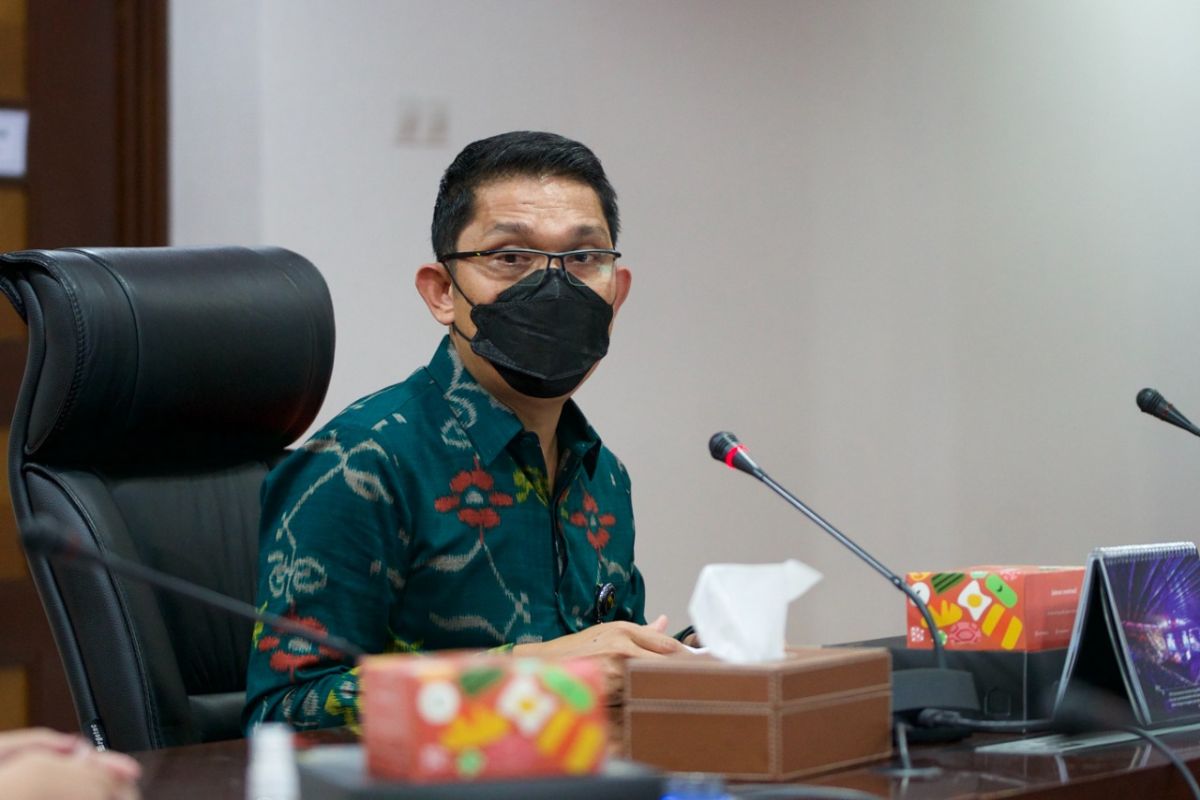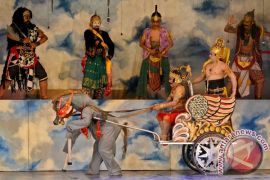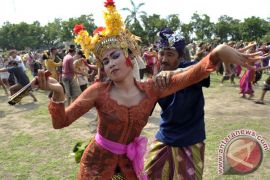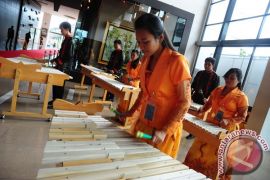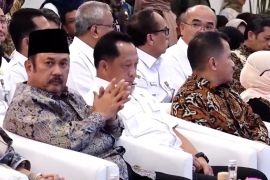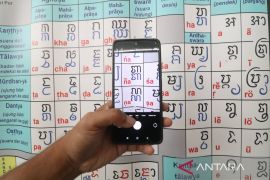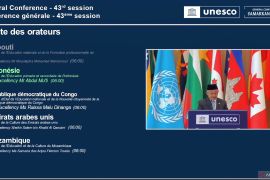Indonesia has earlier considered four intangible cultural heritage elements -- the jamu (traditional herbal medicine) culture, Reog dance from Ponorogo, tempeh, and Indonesia's traditional weaving -- for inclusion into the UNESCO list this year.
As Indonesia could only submit one cultural heritage element for inclusion, on grounds that the ICH Committee affirmed the eligibility of the proposed cultural heritage, the authority has recently indicated its preference for jamu culture to be prioritised for inclusion into the UNESCO list.
"Our current dispute is between (advocates for) the Reog dance art and the jamu culture. KSP does not want this dispute to continue, so it is our decision to organise the meeting here," KSP's Deputy II Abetnego Tarigan stated while opening the meeting, as quoted from the press statement here on Thursday.
The meeting was attended by officials from the Coordinating Ministry of Human Development and Cultural Affairs; the Ministry of Education, Culture, Research, and Technology; and the Ponorogo District authority.
Tarigan urged the Ministry of Education, Culture, Research, and Technology's Directorate of Cultural Protection to consider their final choice prudently to prevent disputes and dissent among members of the public.
"We hope the final decision (of the cultural heritage) is based on strategic studies, particularly by studying which intangible cultural heritage needs more protection," the KSP deputy noted.
Meanwhile, the ministry's Director of Cultural Protection Irina Dewi Wanti clarified that despite the decision to prioritise jamu culture for inclusion is appropriate to the current condition, the decision is not final.
"The world is currently not healthy because of the COVID-19 pandemic. Through the jamu culture, Indonesia wants to showcase its ingenuity in traditional medicine. This is not a thing of the past as the culture continues to be a part of the people's lives," Wanti stated.
Related news: Reog Ponorogo: KSP to oversee intangible cultural heritage bid
Moreover, Ponorogo District Head Sugiri Sancoko, who attended the meeting through online means, pointed out that the COVID-19 pandemic had severely affected the Reog dance artists, who could not perform the art due to COVID-19-related activities restrictions.
He said that the government's decision to prioritise jamu culture over Reog dance for inclusion into the UNESCO list was disheartening for the Reog dance artists.
"I will prostrate myself to Director (Wanti), so she will change her decision. Please, this is for the Reog dance artists that are not only in Ponorogo but also in other regions," Sancoko told Wanti during the meeting.
Every year, UNESCO will only inscribe 50 to 55 cultural heritage elements into the Intangible Cultural Heritage list, so, member states have only one opportunity to submit a cultural heritage element for inclusion every two years.
Related news: BP Geopark Meratus-ANTARA hold Meratus photo competition
Translator: Rangga Pandu AJ, Nabil Ihsan
Editor: Rahmad Nasution
Copyright © ANTARA 2022
